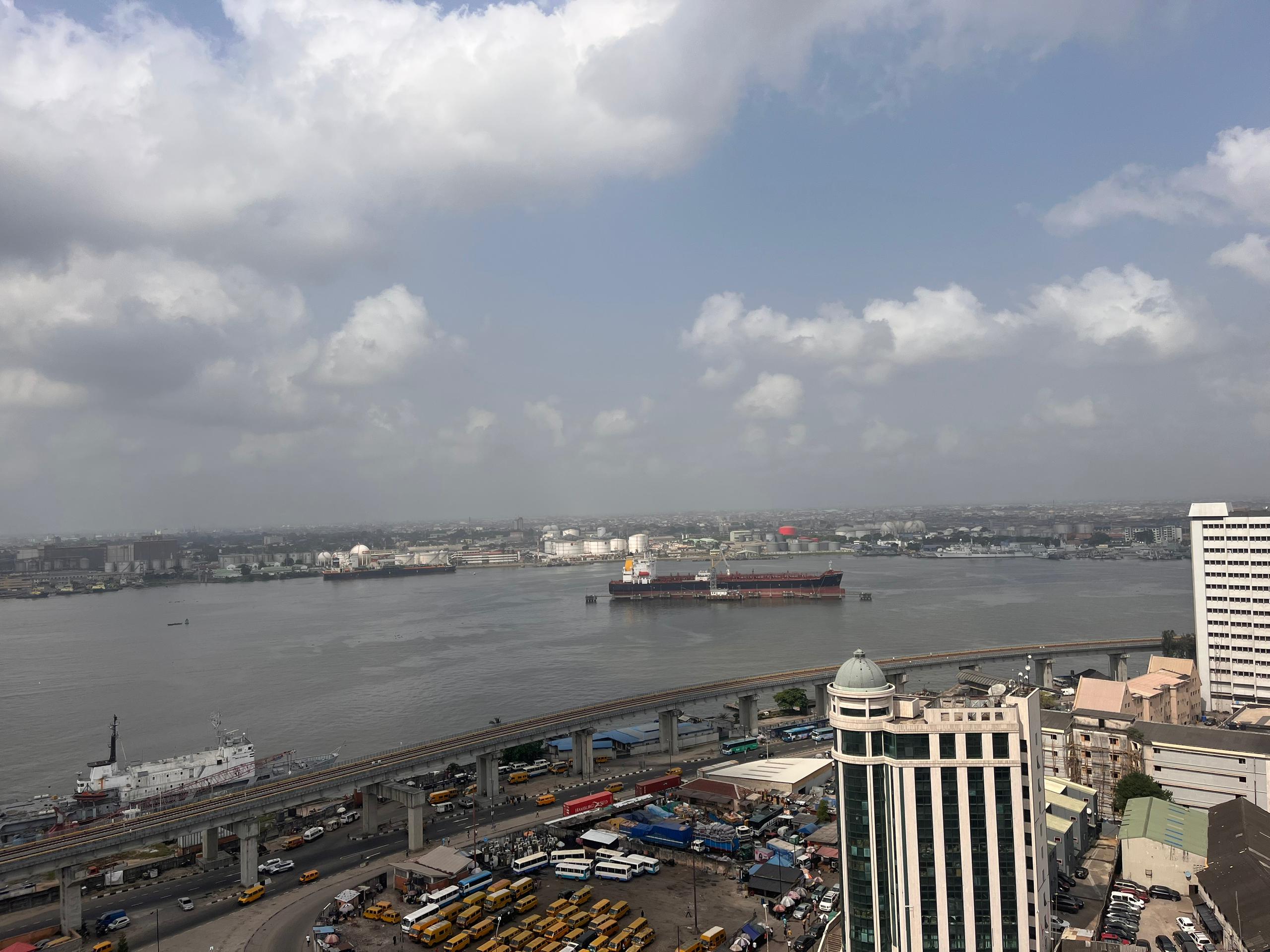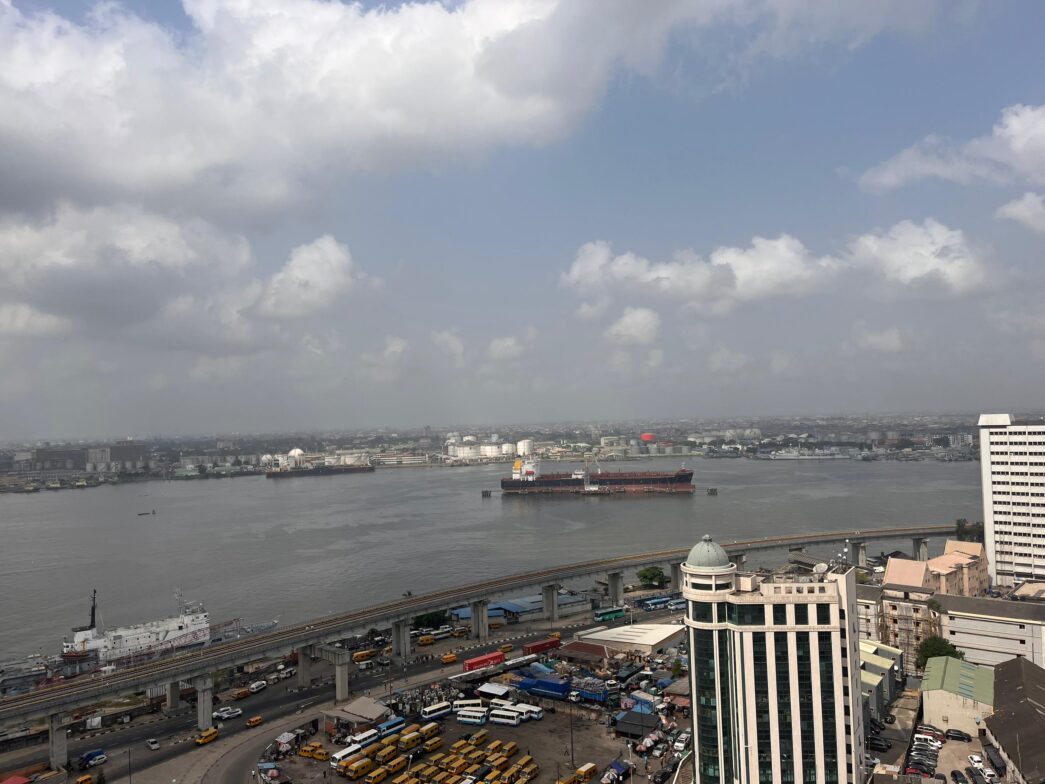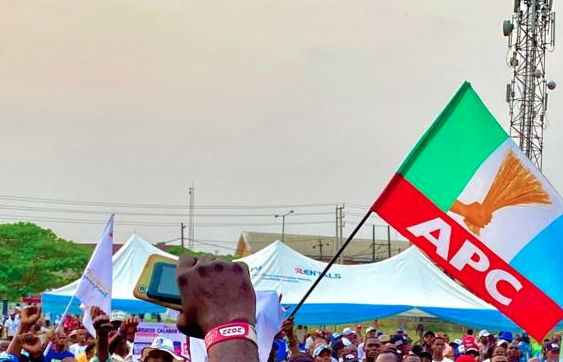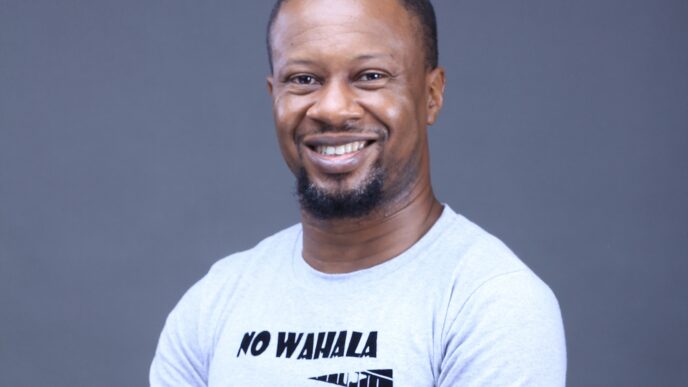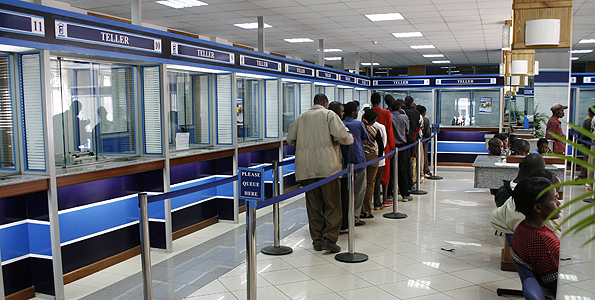BY OGUNGBILE EMMANUEL OLUDOTUN
In Lagos, Nigeria, owning property isn’t actually a dream fulfilled, It’s a battle fought daily. Here, a deed or receipt isn’t the end of the road but the beginning of an unending saga. Welcome to the jumbled world of omo onile(children of landowners), where owning land feels more like an eternal dance with extortion. Your hard-earned property isn’t truly yours, it’s theirs, indefinitely, and they’re not going anywhere.
Imagine this, you have worked for years to save up for a home. The joy of ownership fills your heart as you clutch the documents in your hands. But in Lagos, your joy comes with a twist. Enter omo onile, the self-proclaimed “children of the landowners”. These opportunists rewrite the meaning of ownership, demanding payment for everything, construction, renovation, and even celebrations as if your property were still on loan. And in a cruel irony, this isn’t the kind of mortgage you pay off over time. No, this is a debt that regenerates with every project, leaving you perpetually beholden.
Today, even without concrete data, one can confidently assert that over 70 percent of landowners in Lagos have been extorted by omo onile at least once during construction or renovation. The economic toll is staggering, just ask the Lagos state government how much it loses annually to illegal land-related activities. This financial burden not only stalls projects but also inflates property costs across the state, pushing homeownership further out of reach for the average citizen.
Advertisement
For some, the trauma doesn’t end with extortion. Homeowners recount tales of vandalism, violence, and financial ruin. One property owner in Ojomu shared how omo onile disrupted his son’s wedding preparations, demanding “celebration dues”. When he refused, they destroyed tents and decorations, turning what should have been a joyous occasion into a nightmare. In Ikorodu, a developer had their site invaded repeatedly by armed thugs demanding a “peace levy”. Months of stalled work and endless fear were the price of defiance.
But why does this system persist? To understand the omo onile phenomenon, one must look beyond joblessness and greed to Lagos’s complex socio-cultural history. Historically, land ownership in Lagos was governed by customary practices, with families or clans holding communal rights to land. The sale of land to private individuals often left residual claims for these families, who continued to see themselves as custodians rather than sellers. Over time, this cultural notion of “shared ownership” has been exploited, morphing into an organised system of extortion.
Now, this cultural context complicates solutions. For many omo onile, the practice is not just a livelihood but a perceived right rooted in their ancestral ties to the land. Attempts to enforce formal property laws often clash with these deeply entrenched beliefs, creating a grey area where legal ownership and customary claims battle.
Advertisement
The omo onile menace thrives on loud intimidation, illegality, and systemic complicity. Their boldest move? Trespassing on land they’ve sold years prior. A landlord in Alimosho woke up to find part of his fence demolished by omo onile claiming “territorial rights”. The psychological toll of such encounters often outweighs the financial loss.
For middle-class homeowners and small-scale developers, the burden is unbearable. Without deep pockets or political connections, they’re left vulnerable to omo onile’s demands. Meanwhile, the justice system moves at a snail’s pace, marred by corruption and inefficiency. Many victims abandon legal battles and resign to their losses, while others hire private security or police, escalating the cost of property ownership in Lagos.
Today, it is unnecessary to allege; it can be stated categorically that the omo onile web is deeply entangled with power. Allegations of ties to political actors deepen their reach. During elections, these groups often morph into instruments of intimidation, ballot theft, and violence, shielded by influential backers. Fathers pass the practice to sons, ensuring a generational cycle of exploitation. Even laws like the Lagos State Properties Protection Law of 2016 fall short of breaking this cycle, as enforcement remains weak and sporadic.
Ending this scourge requires a stern, united front. The government must treat omo onile as organised criminals or terrorists, launching targeted crackdowns with zero tolerance for their antics. Publicised arrests and prosecutions would send a clear message. Communities need legal aid and resources to fight back without fear, while the judiciary must fast-track land-related cases, ensuring timely justice for victims.
Advertisement
But beyond enforcement, we need a cultural shift, a collective stand against the normalisation of exploitation. Homeowners, developers, and citizens must unite in resistance, refusing to yield to intimidation. Only then can Lagos reclaim its land and restore dignity to property ownership.
The battle against omo onile is not just a fight for property,!it’s a fight for justice, growth, and the right to truly call one’s land “home.”
Ogungbile Emmanuel Oludotun can be contacted via [email protected]
Advertisement
Views expressed by contributors are strictly personal and not of TheCable.
Add a comment
